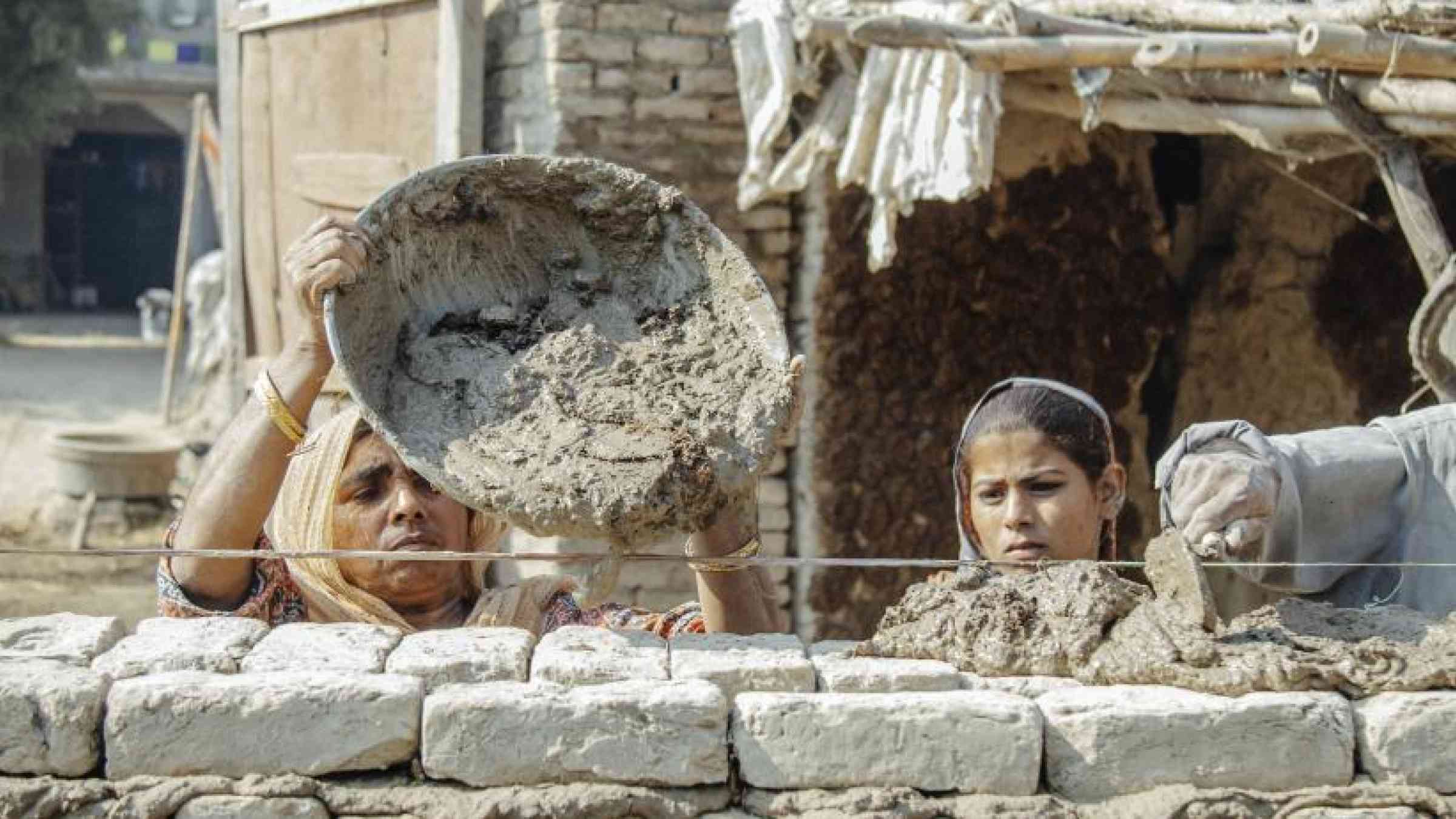Cities ‘are theatres of action and opportunity’

The theatre of action and opportunity for solutions in pursuit of the Sustainable Development Goals has ‘firmly gravitated towards urban centres’.
Many of these solutions will be found through policymakers and their partners adopting a more ‘systems-based’ rather than linear approaches to build and maintain more resilient and sustainable cities. This paradigm shift in ambition and action was called for during the first webinar of a new Making Cities Resilient 2030 (MCR2030) ‘Building Resilient Urban Systems’ series.
The ‘Risk-Informing Urban Development: An Imperative for Resilience’ dialogue, led by the United Nations Development Programme (UNDP), drew a global audience of national and local government officials and a wide range of representatives from several other sectors.
Prof Bharat Dahiya, Director, of the School of Global Studies, Thammassat University, Bangkok, Thailand, said: ‘Linear models of addressing urban problems, such as the problem of slums through a focus on low-cost housing alone, do not work. Such siloed approaches do not allow urban authorities to understand problems in a more holistic manner.’ Prof. Bharat called for cities to: better understand their context, have clearer goals, build more inclusive governance, take account of diversity and interdependencies, and focus on flexible solutions.
Mr. Esteban Leon, Head of UN-Habitat’s City Resilience Global Program said: ‘We cannot focus on one hazard only. If we do this, then we only have one solution and if you have any other challenge, then most likely we will react negatively to this.’
Ms. Angelika Planitz, DRR Team Leader, at UNDP, outlined five entry points or building blocks to support risk-informed urban development: first, strengthen the evidence base; second, focus on coherence and complementarities between different urban development priorities; third, strengthen capacities and skills at the city level; fourth, seek blended finance solutions from public, private, domestic and international sources; and fifth, prioritize support to those urban communities who are most at-risk.
Mr. Aleksandar Glisic, DRR trainer for UNDP in Serbia, referenced flood management of the Drina River Basin to highlight the importance of collaboration across sectors and jurisdictions in terms of reducing disaster risk: ‘The basis of the approach is to build cooperation between the cities that share the risk from natural hazards.’
Mr Ronald Jackson, Head of DRR and Recovery for Building Resilience at UNDP said: ‘In less than one month, Member States and other stakeholders, including local governments, will convene at the United Nations General Assembly for a High-Level Meeting on the Midterm Review of the Sendai Framework for Disaster Risk Reduction. ‘The Review pulls few punches: It calls for a major ‘course correction’ in order to prevent and reduce the negative impacts and losses associated with disasters. ‘Achieving such a dramatic course correction will not be easy and will require us to take risk into account in every decision related to the way we live, consume, build, and invest.’
The ‘Risk-Informing Urban Development’ webinar was moderated by Mr Rajeev Isaar, UNDP Policy Specialist. Two more webinars are currently planned as part of the MCR2030 ‘Building Resilient Urban Systems’ series: Wednesday 3 May ‘Beyond COVID19: Health security preparedness and risk management for improved resilience’, led by the World Health Organization (WHO); and Wednesday 24 May focused on food security, led by the Food and Agriculture Organization (FAO).
MCR2030 is a United Nations-led global network that has mobilized 1,530 local governments from 76 countries and territories, representing 484 million people. Each local municipality commits to strengthening their disaster and climate resilience. The partnership has also convened national governments, municipality associations, service providers, as well as 12 core partners that are a ‘who’s who’ of international organizations active on urban resilience.

